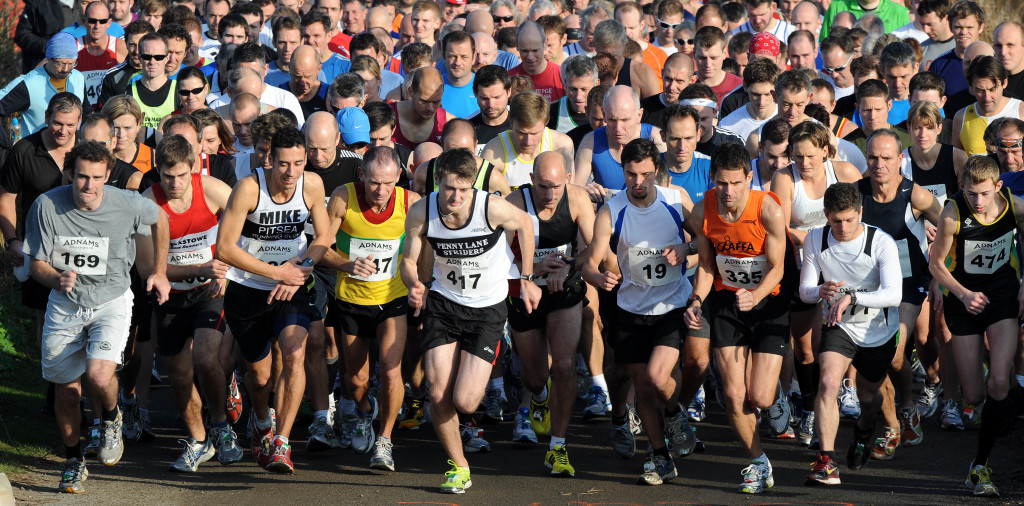
In a poll on the MR website, a little over 68% of you told us that your 10k time is either between 40-50mins and 50-60mins. With as many as 21.15% of you making up the 30-40mins vote.
Here at MR, we try our best to listen to you and tailor our content to your needs, which is why we’ve come up with expert tips to help you get your 10K time down to that magical sub-40 or even sub-50 time.
If you’re slower than any of the times mentioned above, don’t worry – these tips will still help you run faster over the 10K distance.
Learn to run faster
It’s all very well plodding along for 10K, but if you’re serious about hitting those times, then we’re talking about some pretty serious speed. This means building up both stamina and pace. Running different distances will allow you to vary that up. For example, instead of sticking to your everyday 10K splits, try running faster for a 5K, and then a little bit slower for a 12K.
It may sound obvious, but another great way of building up speed is by getting naturally fitter. Going out for a few more runs or even running over larger distances will allow you to sustain a faster speed for a longer amount of time. Once you start getting fitter, you’ll really start to notice how fast you’ve become and how much easier it is to glide for longer.
A training mix-up
You don’t want to be doing just 10Ks for a 10K race. Bringing in other forms of training will really help.
Interval training is a fantastic way of building up speed. Taking it from our sub-20 5K tips article, here are some examples of what interval sessions can look like:
6 x 2mins, with a minute rest in between each rep.
Running puramids (1min, 2mins, 3mins, 3mins, 2mins, 1min), with a minute rest in between each rep.
These short-burst training sessions may not look like a lot, nor last very long, but remember, you should be running at 80-90% of your maximum speed, so by the end you’ll definitely be out of breath.
Not every training you do needs to be running, either; resistance workouts are a great way of building up your body strength. Incorporating press-ups, crunches and squats into your weekly routine will fine tune your body into a lean, mean running machine.
The right mindset
Like all sports, the psychological side to running a quick 10K is key.
Being mentally prepared for a 10K is crucial: it’s not ‘just another run’, and telling yourself ‘it’s going to be easy’ won’t help. It will hurt. Know that, face that and embrace that. Coming in to something knowing how hard it is going to be is always better than being surprised by how hard it actually is.
When you’re mid-race, there may be times you feel like you’re lagging and slowing down. Block out the pain. You can run through it.
In terms of training before the event, willpower is key – and that means eating right too.For more on nutrition, see our breakfasts, lunches and dinners for runners.
Don’t overdo it
Probably the only tip on here you’re pleased with, right?
Resting is just as important as developing; over-doing it and rushing your training can lead to fatigue and injury. A day’s rest in between each hard workout is a good way of staying fresh and injury free.






